
NYU invites healthy women aged 21 to 32 from all ethnic backgrounds to apply for their egg donation program. The initial application will require some information about the donor, her medical history, and her immediate family, as well as proof of identity. Review of the initial application may take two to four weeks. If the initial application is approved, then the prospective donor must be reviewed through a process required by New York State and US federal law. Whether she will be an anonymous egg donor or a "directed" egg donor (knowing the identity of the couple who will use her eggs for in vitro fertilization), she completes an in-depth questionnaire about her personal, family, social, and family history.
The questionnaire also asks about height, weight, education, hobbies, honors, work, and motivations for donating. Then there is a medical exam, including testing for sexually transmitted diseases and drug use, a psychological exam, and a session with a genetic counselor. The US FDA requires re-testing the egg donor for infectious disease immediately before the egg is harvested. Once the various tests are passed, the egg donor is then given treatments to encourage maturation and release of multiple eggs in a single cycle. At the same time, the surrogate or other recipient who will be receiving the eggs is given injections to suppress the release of her own eggs and to thicken the lining of her uterus for the implantation of the fertilized egg.
For two weeks, the egg donor makes almost daily trips to the doctor's office to monitor the progress of the maturation of the follicles containing the eggs she will donate. When the follicles are "ripe," she is given an injection to prepare them for release, and the next day she undergoes anesthesia while the doctor collects the eggs by a needle biopsy. There is a follow-up exam about two weeks later. Fluid retention and breast tenderness are relatively common side effects of the hormones used to stimulate ovulation. Infections and complications of the procedure to harvest eggs are rare, but occasionally occur. Women in the NYU program are offered US $8,000 for their participation in the program, which is paid to the donor by NYU, not by the recipient.





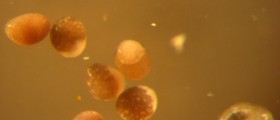


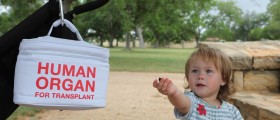
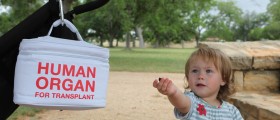


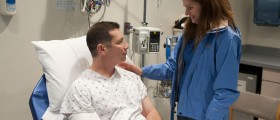
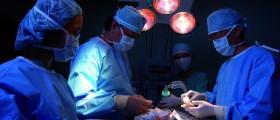
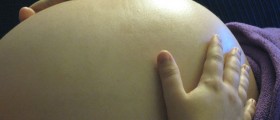


Your thoughts on this
Loading...